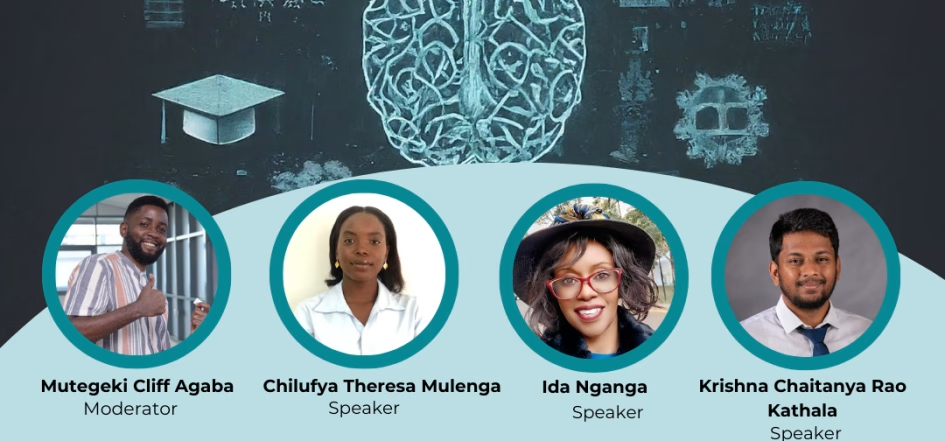The classroom of the future is going to look very different than the one we remember. With the rapid advancement of artificial intelligence (AI), education is undergoing a profound transformation. From personalized learning experiences to AI-powered tutors, the possibilities are endless. But what exactly does this mean for students, educators, and the future of learning?
AI’s Growing Role in the Classroom
AI is already making its presence felt in education in a number of ways:
- Personalized Learning: AI algorithms can analyze student data to identify individual learning styles and tailor educational content accordingly. Imagine a learning platform that adapts to your pace, identifies your strengths and weaknesses, and provides customized feedback. This is the power of AI-driven personalized learning.
- AI Tutors: AI-powered tutoring systems can provide students with one-on-one support, answering questions, offering guidance, and adapting to their individual needs. This can be particularly beneficial for students who require extra help or those who prefer learning at their own pace.
- Automating Tasks: AI can automate repetitive tasks for teachers, such as grading assignments and managing administrative work. This frees up educators to focus on what they do best: inspiring and interacting with students.
Essential Skills for the AI Age
While AI offers incredible opportunities, it also presents new challenges. As AI takes over routine tasks, human skills become even more valuable. Here are some essential skills students will need to thrive in the future:
- Critical Thinking and Problem-Solving: The ability to analyze information, identify problems, and develop creative solutions will be crucial in an AI-driven world.
- Creativity and Innovation: As AI automates routine tasks, human creativity and innovation will become increasingly important.
- Digital Literacy: Understanding how to use and interact with technology effectively is essential in the digital age.
- Adaptability and Continuous Learning: The rapid pace of technological change requires individuals to be adaptable and embrace lifelong learning.
The Human Element Remains Crucial
While AI is transforming education, it’s important to remember that technology is a tool. The human element – the role of teachers, mentors, and peers – remains crucial in fostering a love of learning, encouraging critical thinking, and developing social-emotional skills.
The Future is Bright
The future of education is filled with exciting possibilities. By embracing the potential of AI while nurturing essential human skills, we can create a learning environment that prepares students for success in the AI age and beyond.
What are your thoughts on AI in education? Share your ideas and concerns in the comments below!
Here is a link to the Webinar Recording:
